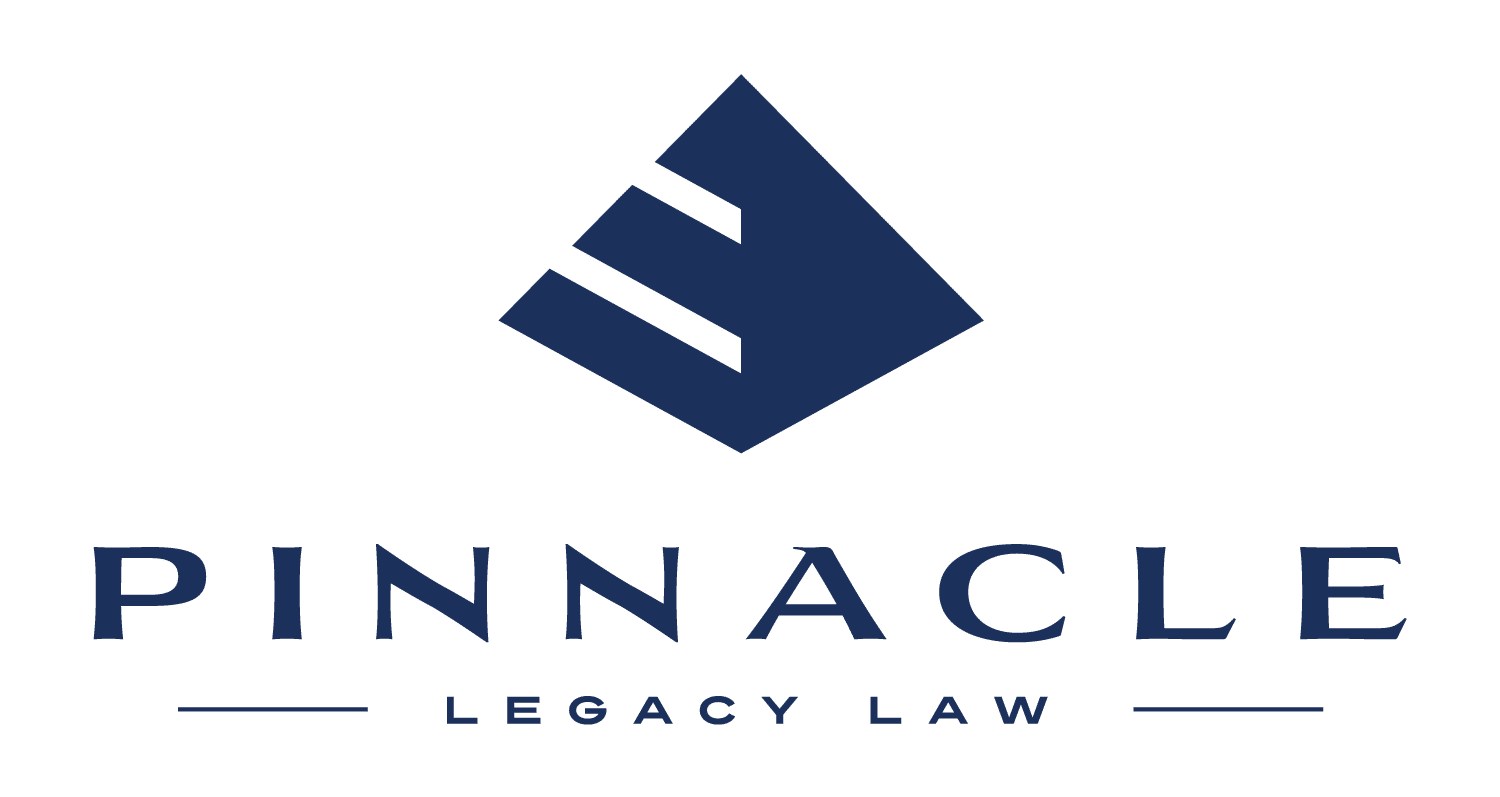Pinnacle Legacy Law
Probate And Post-Death Trust Administration
Powerful Protection
Probate
What it does: Probate is a court-supervised process that ensures a deceased person’s assets are distributed according to their will or state law if they do not have a will. Probate also settles any outstanding debts and taxes the deceased person owes before the remaining assets are distributed to beneficiaries.
What it doesn’t do: Probate can be time-consuming and expensive and not provide privacy as it is a public process. Additionally, probate may not be necessary for small estates or estates that are structured to avoid it.
Post-Death Trust Administration
What it does: Post-death trust administration manages and distributes the assets held in a trust after the grantor’s death. The trustee, appointed by the grantor, is responsible for ensuring that the trust’s assets are distributed according to the grantor’s wishes, managing ongoing investments or financial transactions, and settling any outstanding debts or taxes the trust owes.
What it doesn’t do: While trust administration can help avoid probate court, it does not eliminate the need for probate, as some assets may not be held in the trust. Trust administration may also require ongoing management and reporting, which can be burdensome for the trustee.
How We Can Help
Probate
Guiding you through the probate process: Pinnacle Legacy Law can provide guidance and support throughout the probate process, including assisting with filing the necessary documents and navigating any legal complexities that may arise.
Minimizing costs and delays: Pinnacle Legacy Law can help you identify strategies to minimize costs and delays associated with probate, such as structuring your estate plan to avoid probate where possible.
Advocating for your interests: If disputes arise during the probate process, Pinnacle Legacy Law can advocate for your interests in court and help ensure that the deceased person’s assets are distributed according to their wishes.
Post-Death Trust Administration:
Serving as your trustee: Pinnacle Legacy Law can serve as your trustee or guide trustee, helping to manage the trust’s assets, fulfill the grantor’s wishes, and ensure that the trust’s beneficiaries are taken care of.
Maximizing the value of the trust: Pinnacle Legacy Law can help manage the trust’s investments and other financial transactions, ensuring that the trust is providing maximum value to the beneficiaries.
Handling legal issues: Pinnacle Legacy Law can provide legal guidance and assistance in dealing with any legal issues that arise during the Trust administration process, such as settling outstanding debts or taxes.
Here are some things you need to know about Probate & Post-Death Trust Administration:
Probate
Probate can be time-consuming and expensive, often taking several months or even years to complete.
The cost of probate is typically based on a percentage of the estate’s total value, so larger estates can be subject to higher probate fees.
Probate is a public process, meaning that information about the deceased person’s assets and beneficiaries becomes part of the public record.
If a person dies without a will, the probate process may be more complex and time-consuming, as state law will determine how the assets are distributed.
Certain assets, such as those held in joint tenancy or with designated beneficiaries, may bypass the probate process.
Post-Death Trust Administration:
Trust administration can help avoid the need for probate, as the assets held in a Trust do not pass through probate court.
Trust administration requires a trustee responsible for managing the trust’s assets and distributing them to the beneficiaries according to the grantor’s wishes.
A Trust can provide more privacy than probate, as the details of the Trust’s assets and beneficiaries do not become part of the public record.
Trust administration can be complex and requires ongoing management, including making investments and paying taxes and debts owed by the Trust.
Not all assets can be placed in a Trust, so some may still need to go through the probate process.
